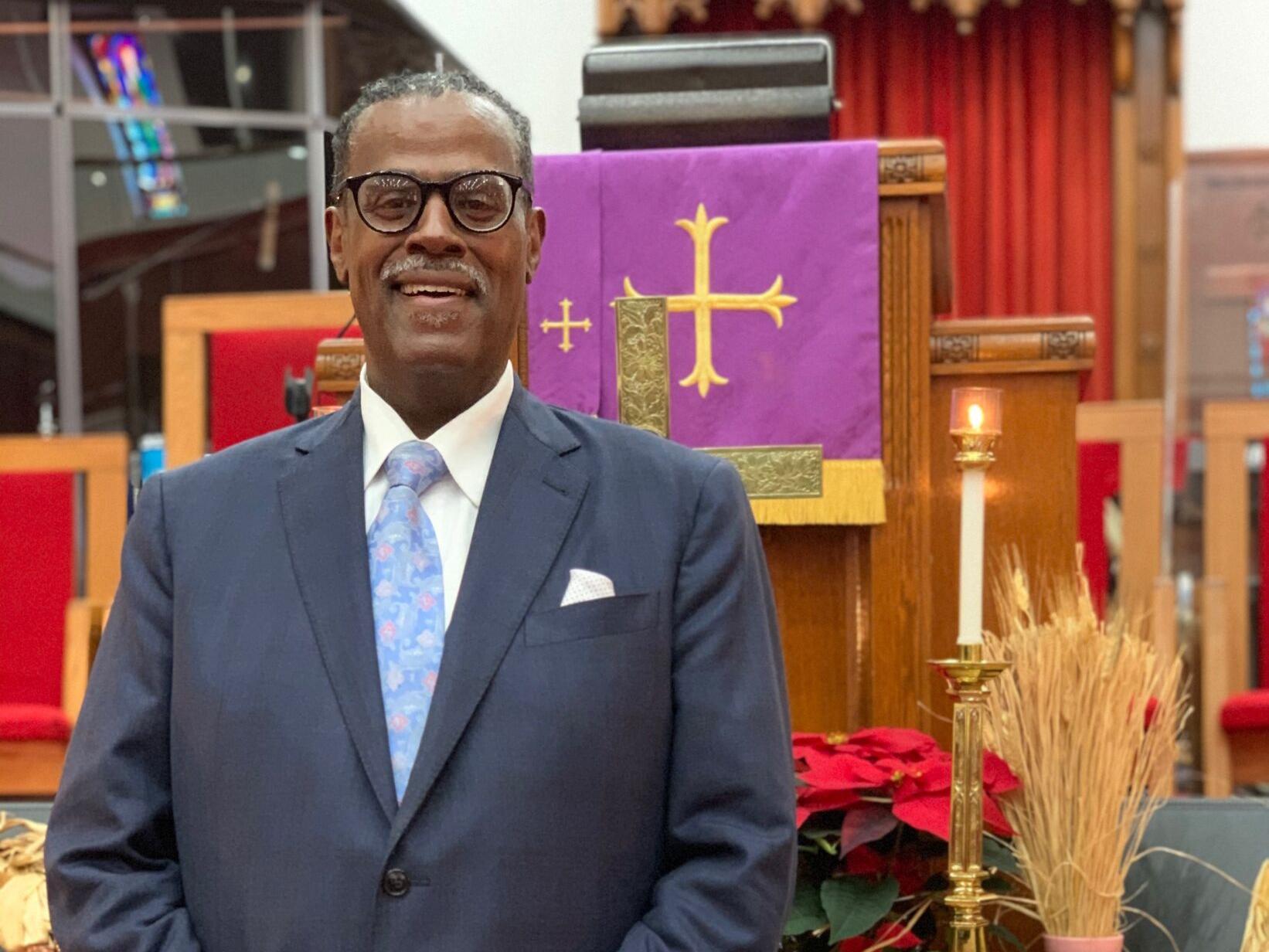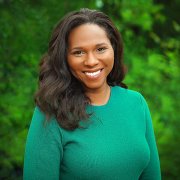The Black Church & Black History in America – Part 3
As we celebrate Black History Month, the role of the church in African American communities cannot be overstated. For centuries, the church has provided spiritual guidance and leadership, but has also delivered social services to improve education, economic mobility, health and wellness in Black communities.
Furthermore, churches have played a pivotal role in the African American struggles for freedom and civil rights, acting as a fierce advocate and safe haven during these movements. In the aftermath of George Floyd, Breonna Taylor, Ahmaud Arbery and the nationwide protests of 2020, many churches increased their calls for social justice.
Meanwhile, as our nation continues to grapple with the impacts of COVID, Black communities have been disproportionately affected. Many Black churches have reimagined how to serve the needs of their communities during these unprecedented times.
In recognition of Black History Month, Givelify will explore the impact of the Black church. Our month-long series has featured Black faith leaders and their perspective on the Black church, Black history and where we go from here. For our final installment of this series, we hear from Reverend Dr. Silvester S. Beaman of Bethel AME Church, who recently made history of his own when he delivered the benediction at the Presidential Inauguration of Joseph R. Biden.
When you look back on American history and Black history, how would you describe the importance of the Black church?
All the way back to the founding of the African Methodist Episcopal Church and the other African Afrocentric Methodist churches (AME Zion, the CME, the New AME), these churches were founded in the late 1700s. They were protest movements out the Methodist Episcopal Church based on slavery, race and discrimination. Even Denmark Veasey and Nat Turner were preachers. They were men of religion. So, the Black church has played a role, a significant role, throughout the years of helping African Americans achieve personhood and full status in America.
When you look back at the civil rights movement, that’s the Black church. When you look at our early African American HBCUs (Historically Black Colleges and Universities), you’re going to find in every situation that the church played a role. In some of them, the basement of the church was where they first had classes. So, all the way up to [Martin Luther] King, Jesse Jackson, Al Sharpton, Andrew Young, to President Barack Obama, there is a fine thread through all of that of the African American church.
Even with the Black Lives Matter movement, which really found its energy among our young people. But if you look at those millennials you’ll find out a lot of them, if not all of them, found their voices in somebody’s church.
What role do you see Black churches playing in the social justice movement?
We (meaning the African American church along with mosques) have had to dust off our civil rights armor and put it back on. It appeared to me that people in power were trying to take us back. We’re not comfortable with that. And we are undeterred and not tired when it comes to standing up for what is right and what is just.
My aspiration for the election of Joseph R. Biden as the 46th president is that there are more people concerned about America forward, than there are about America backwards.
We’ve got to go back to talking and listening with one another. We’ve got to go back to coming across the aisles and figuring out for what is best for our country. That’s why in the benediction, I was lead by God to lift up that this country is all of ours. We’ve got to learn how to love in it, live in it, heal in it, be reconciled in it, prosper in it. Or we will find ourselves missing the goal that God presented to our founding fathers and mothers back in the day when that constitution was written.
What advice would you give to other church leaders as they navigate this moment in time?

Rev. Dr. Silvester Beaman, Bethel AME Church
My advice would be to maintain our position as priests and prophets. We need to take care of our congregations. But at the same time, we need to stay connected to what is happening in our environments. We have to read the newspaper and listen to the nightly news. We’ve got to catch the spirit of this social justice movement, because it is indeed a movement. And it’s not a sprint, it’s a marathon. We have to be on the cutting edge of that marathon.
We have to be in communication with our young people. They are the energy, the feet and the hands of the social justice movement, but they need to hear from the sages.
That’s what I would say to the Black clergy today. We need to maintain the role of priests, taking care of the spiritual side of our churches and also be prophetic. Speak social commentary with a biblical reflection, so that we can be relevant to the masses of our people, not just Black people but across the board.
How would you describe the state of the Black church today? How would you like to see it evolve over the next 10 years?
I think the state of the Black church is in a good, healthy position. We have to be relevant or we’re going to miss the church for tomorrow because they’re not becoming part of the church of today. I would love to see us do more economic development and more social outreach. I would like to see us engage in ensuring that our cities, especially our urban areas, have quality public education for our children.
We have to be advocates for the healing process connected to COVID-19. I got my first shot this past Saturday. We have to trust the science, and I know that as a people that we are sometimes hesitant when it comes to vaccinations. But we’ve got to trust the science.
In 10 years, I would like to see us at a place where we are contributing greatly to the wellbeing of society. To our community first and foremost, and realizing that we are not just a Black church, we are the church. We address our pews, which in many cases are primarily African American, but actually we are preaching the gospel of Jesus Christ to the world.
Bethel AME Church-Wilmington & Rev. Dr. Silvester Beaman
Bethel African Methodist Episcopal Church-Wilmington, Delaware is an inner-city church whose vision is: “Fulfilling God’s Plan Doing Ministry.”
Bethel’s mission is “to foster the development of the congregation and neighborhood and enhance the quality of life for all God’s people through worship, inspiration, social needs and discipleship.”
Rev. Dr. Silvester Beaman has served as Bethel AME’s Pastor since 1993, after serving seven years at St. Paul AME Church in Hamilton, Bermuda.
As pastor of Bethel AME, Rev. Dr. Beaman leads an intergenerational congregation with 50 ministries for toddlers, tweens and teens to young adults, adults, seniors and seasoned saints.
He describes his congregation as socially conscious advocates for quality public education, the elimination of health disparities for minorities, a reduction in incarceration and prison recidivism; equal employment opportunities, affordable housing and the elimination of food deserts in the inner city; community policing and accountability from elected officials.
Join Rev. Dr. Beaman and the Bethel AME congregation and do more good in your community with Givelify.
*After this article was originally published, Rev. Dr. Beaman was elected and consecrated as the 139th bishop in the African Methodist Episcopal Church. He has been assigned to serve the 15th Episcopal District of South Africa. Rev. Dr. Stanley Hearst II has succeeded him as pastor of the Bethel AME congregation.




